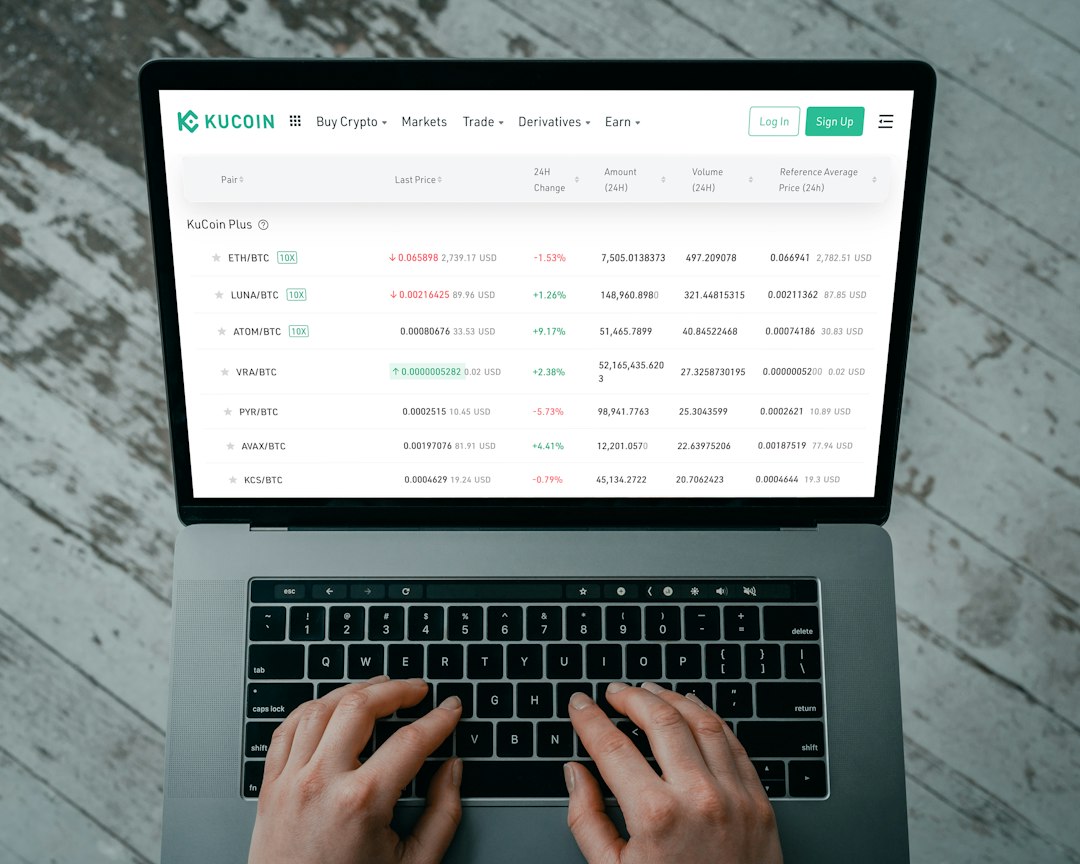Unlocking the True Potential of Hybrid Smart Contracts with Chainlink Coin
If you’re interested in blockchain technology and smart contracts, you’ve probably heard about Chainlink. Chainlink is a decentralized oracle network that aims to bridge the gap between smart contracts and the real world. In this article, we will explore how Chainlink is unlocking the true potential of hybrid smart contracts.
What are Smart Contracts?
Before delving into Chainlink’s role, let’s first understand what smart contracts are. Smart contracts are self-executing contracts with the terms of the agreement directly written into code. These contracts automatically execute when certain predefined conditions are met. They eliminate the need for intermediaries, making the process more efficient and secure.
The Limitations of Smart Contracts
While smart contracts have revolutionized industries by automating processes and reducing reliance on intermediaries, they face a major hurdle: lack of real-world data. Smart contracts are isolated within the blockchain and do not have direct access to external data. This isolation limits their use cases and hinders their ability to interact with real-world events.
Introducing Chainlink: The Solution to Real-World Connectivity
This is where Chainlink comes in. Chainlink’s decentralized oracle network serves as a bridge between smart contracts and real-world data. Oracles act as trusted external sources that provide smart contracts with the necessary data to execute and fulfill their conditions. With Chainlink, smart contracts can interact with data outside of the blockchain in a secure and reliable manner.
How Chainlink Works
Chainlink operates through a network of node operators called Chainlink node operators. These node operators retrieve data from off-chain sources and deliver it to smart contracts. The decentralized nature of Chainlink ensures data reliability and eliminates single points of failure.
When a smart contract requires certain data, it submits a request to Chainlink’s decentralized oracle network. The request is then picked up by multiple node operators, who independently retrieve the requested data from various sources. They aggregate and validate the data, and finally submit it back to the smart contract. This process ensures data accuracy and prevents manipulation.
Unlocking the Potential for Hybrid Smart Contracts
With Chainlink’s real-world connectivity, smart contracts can now access a wide range of data sources, including APIs, web services, and even IoT devices. This unlocks the true potential of hybrid smart contracts, which combine blockchain-based automation with real-world data to create powerful applications.
For example, imagine a decentralized weather insurance smart contract. With Chainlink, the smart contract can access real-time weather data from trusted sources and automatically execute payout transactions to policyholders when predefined weather conditions are met. This eliminates the need for manual claims verification, reducing costs and enhancing transparency.
Enhancing Security with Decentralization
One of the key benefits of Chainlink is its decentralization. By utilizing a network of independent node operators, Chainlink eliminates single points of failure and ensures data reliability. In comparison to centralized oracle solutions, such as a single entity providing data, Chainlink’s decentralized oracle network is more resistant to malicious attacks and manipulation.
The Future of Chainlink
Chainlink has gained significant traction since its launch and has formed partnerships with various major players in the blockchain industry. As the adoption of smart contracts continues to grow, Chainlink’s role in connecting these contracts with external data will become even more crucial.
It’s important to note that Chainlink is not just limited to blockchain platforms such as Ethereum. Its technology can be integrated with any blockchain, allowing smart contracts on different platforms to benefit from Chainlink’s real-world connectivity.
Conclusion
Chainlink is revolutionizing the world of smart contracts by providing a decentralized oracle network that connects these contracts with real-world data. Its technology unlocks the true potential of hybrid smart contracts, enabling blockchain-based automation to interact with external data sources. With Chainlink, the limitations of smart contracts are overcome, and a new era of decentralized applications is on the horizon.
FAQs
1. What is Chainlink?
Chainlink is a decentralized oracle network that serves as a bridge between smart contracts and real-world data.
2. How does Chainlink work?
Chainlink operates through a network of node operators who retrieve data from off-chain sources and deliver it to smart contracts.
3. What is the role of Chainlink in smart contracts?
Chainlink enables smart contracts to access external data and interact with real-world events, unlocking the potential for hybrid smart contracts.
4. How does Chainlink enhance security?
Chainlink’s decentralized nature eliminates single points of failure and enhances data reliability, making it more resistant to attacks and manipulation.
5. Can Chainlink be integrated with any blockchain?
Yes, Chainlink’s technology can be integrated with any blockchain, allowing smart contracts on different platforms to benefit from its real-world connectivity.





 By
By
 By
By

 By
By
 By
By